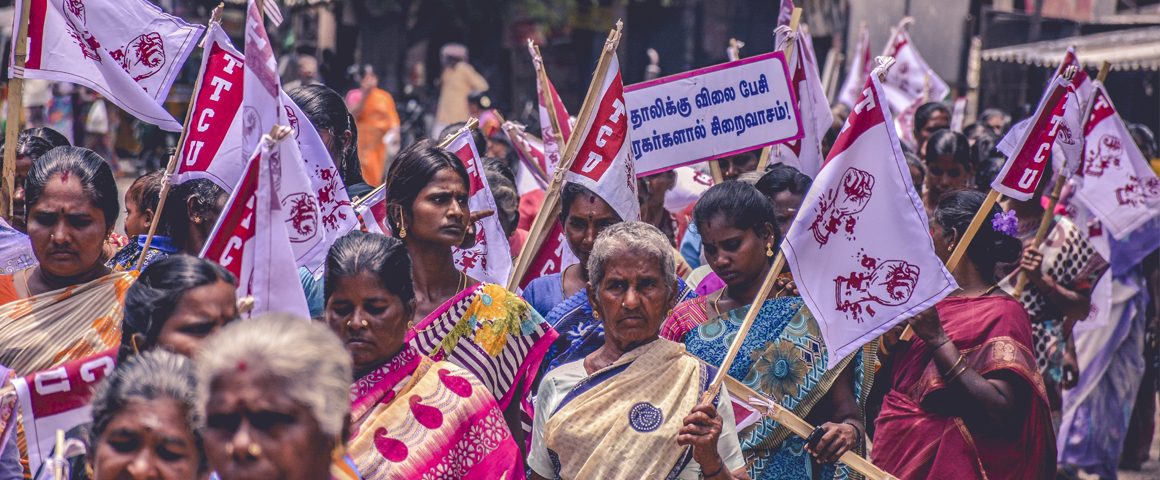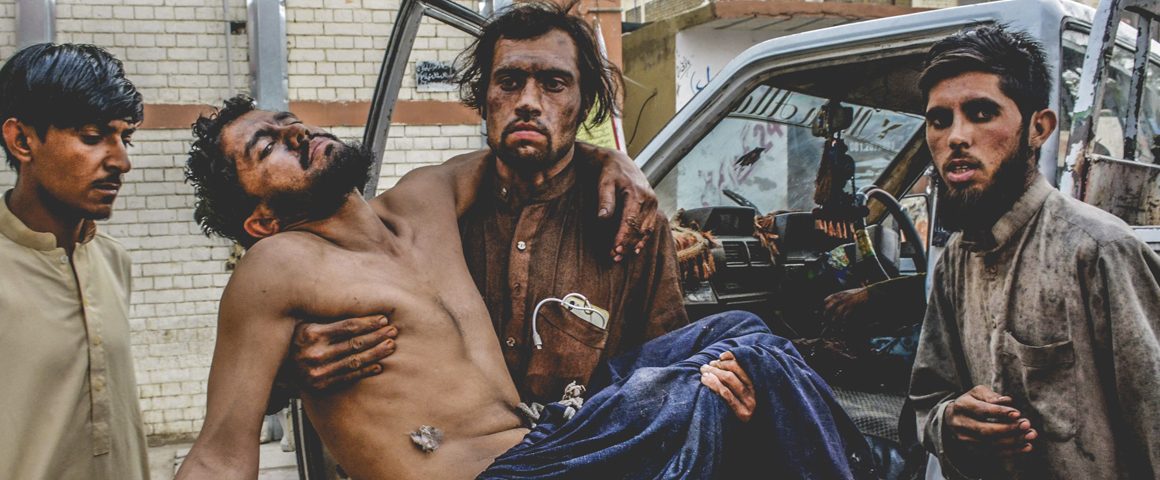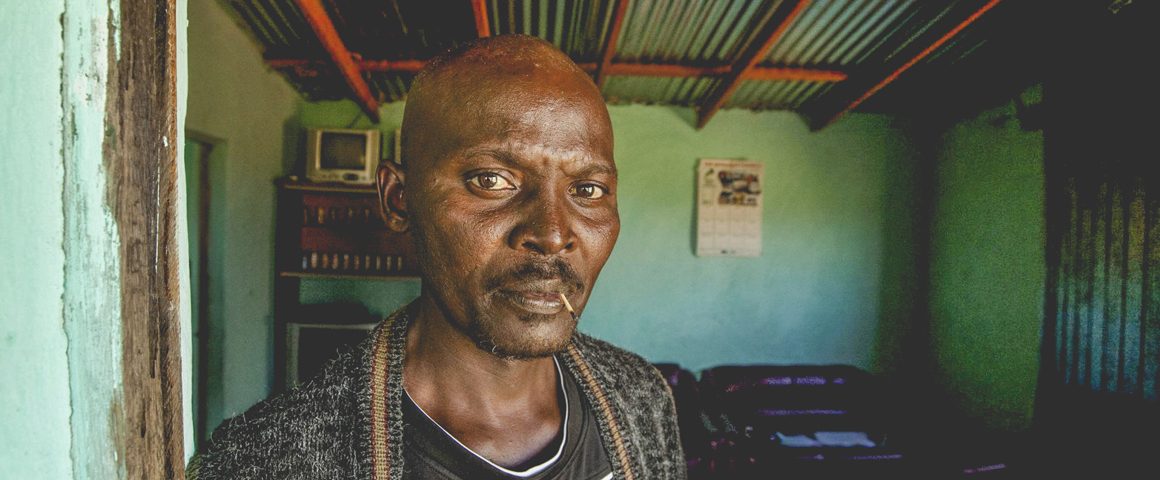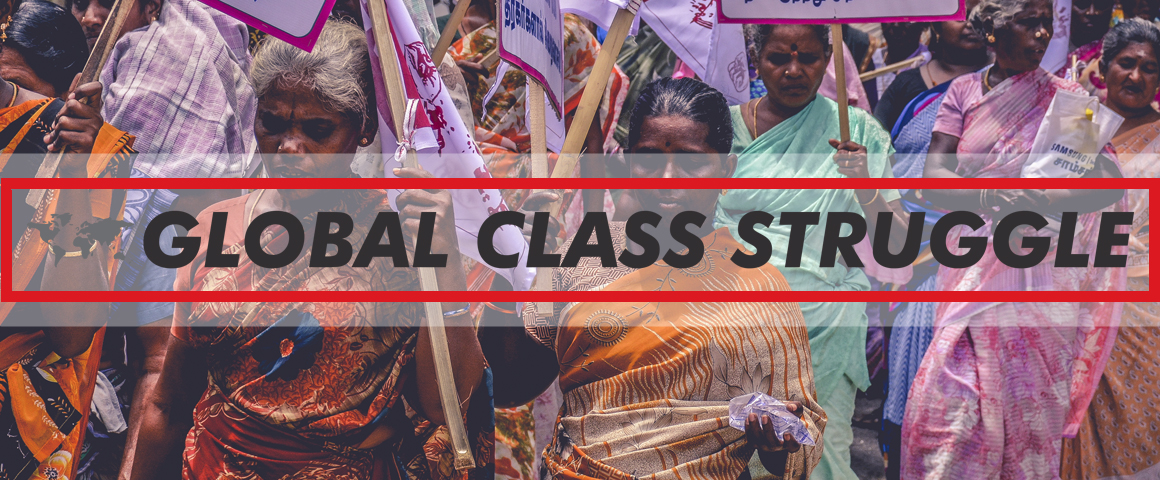Pension strikes hit UK campuses
A recent wave of pension strikes at UK universities was the biggest action the sector has ever seen. Writing in the Independent newspaper, Sally Hunt, the general secretary of the University of College Union (UCU) and John McDonnell, the Labour Party’s shadow chancellor of the exchequer, say that the commitment of staff over the fourteen strike days, along with overwhelming support from students, won a much-improved offer from the employers.
The strikes’ success also depended on the backing of thousands of international staff who work in the higher education sector. But for those on Tier 2 “skilled worker” visas, taking part cost more than lost pay, it meant risking their immigration status.
Staff on those visas are subject to strict limits on unpaid leave. If a migrant worker exceeds 20 days’ unpaid absence in a calendar year, their employer is obliged to report them to the Home Office and withdraw visa sponsorship. Exceeding this limit could be grounds for revoking a migrant’s leave to remain in the UK. There are some exceptions for those on parental leave or long-term sick leave – but industrial action isn’t in the list of exemptions. When asked if strike absences would count towards the limit, the Conservative immigration minister said that decisions about whether to revoke a migrant’s leave would be made with “full regard to the circumstances”.
The right to strike is enshrined in article 28 of the Charter of Fundamental Rights of the European Union. But with “Brexit” looming, the 2.4 million EU citizens who work in the UK could shortly become subject to Britain’s visa system. Immigration rules could be used to restrict their engagement in strike action, even though migrant workers contribute to the UK economy. Migrants who need to take unpaid leave for other reasons – perhaps to look after a sick relative – may find themselves unable to participate for fear of breaching the limit.

Garment workers face sex harassment
After a series of deaths in factories and hostels, garment workers in south India are to receive counselling to help them cope with problems from work pressure to sexual harassment. Most of the those working in the $42 billion-a-year export industry are young women living in hostels far from home and forced to work long hours and endure sexual and verbal abuse. Twenty have died in the last three months in the southern state of Tamil Nadu, a garment manufacturing hub, many in suspected suicides.
“There is a lot of stress and trauma inside factories,” said Aloysius Arokiam of Social Awareness and Voluntary Education, a civil society group. “The workers are treated as machines and not as young adults dealing with work pressure and emotional issues. There is no counselling to help them and no one is held accountable when they die.”
Last month a 17-year-old spinning mill worker died in her hostel room, the 10th death recorded in Dindigul district in the last three months, according to the Tamilnadu Textile and Common Labour Union (TTCU). “Her family suspects she was sexually harassed in the mill and driven to commit suicide,” the president of the TTCU Thivyarakhini Sesuraj told Reuters news agency. “There is no thorough investigation into why these young people are dying. We are demanding a proper probe by senior officials.”
Campaigners have recorded ten more deaths in the Tirupur and Erode districts that make up what is known as the “Textile Valley of India,” where much of the industry is located.
“The hostels where the girls stay are not registered properly and there is no accounting for the number of workers,” said Karrupu Samy, director of READ, a charity that works with garment workers. “We have documented at least 55 deaths between 2015 and 2017, all suicides in mill hostels. These are not one off cases.”
The Dindigul administration will run sensitization workshops in an effort to improve working conditions in up to 200 spinning mills. The idea is to empower women to report harassment, help them to deal with the work pressure and give them opportunities to continue their education.

100,000 protest in Melbourne
A union protest in Melbourne’s central business district on May 9 shut down roads and tram routes as up to 100,000 workers rallied for new pay deals. Thousands of union members carrying banners and flags marched from the Victoria state Trades Hall as part of the Change the Rules rally that lasted for several hours.
The crowd stopped outside the Melbourne Magistrates court where Construction Forestry Mining and Energy Union secretary John Setka and his deputy, Shaun Reardon, were appearing for a committal hearing after allegedly blackmailing two construction company executives. The trumped-up charges allege that the union leaders threatened to stop trucks entering building sites unless the company cut supplies to another builder which the union was fighting. Speakers urged support for the two high-profile union leaders.
The Australian Council of Trade Unions is calling for an increase to the minimum wage of $50 a week as part of its Change the Rules campaign. The Victoria state government says it supports workers, but wants a smaller minimum wage increase of about $27 a week. (Note: the Australian and Canadian dollars are approximately at par.)
The ACTU says that Victoria is in its 25th year of uninterrupted economic growth but that wages growth was subdued. Victorian Trades Hall Council Secretary Luke Hilakari told the crowd that the system was “fundamentally broken for working people. It’s been broken for far too long, Wages are at record lows yet company profits right now are at record highs.”
Australia’s latest federal budget “did nothing for working people,” he said. “Malcolm Turnbull threw crumbs to Australian workers. Crumbs are no longer good enough for working people – we want the whole cake. We want our penalty rates back, we want equal pay for women. We want to make sure our jobs are safe.”
Melbourne University staff also went on strike for four hours on May 9 as part of their campaign for a new enterprise agreement, and Port of Melbourne workers also walked off the job.

Mine workers killed in Pakistan
In separate incidents on May 5, a total of 23 mine workers were killed and 11 injured in horrific mine accidents in Pakistan’s Balochistan province. According to reports, 16 workers were killed in the Marwar area when a mine collapsed at the exit point following a methane gas explosion. A private company called Pir Ismael was operating the coal mine, and 25 to 30 workers were believed to be at work at the time of the accident.
In another accident on the same day, seven workers in a state-owned mine run by the Pakistan Mineral Development Corporation in the Sur-range area were killed by a mudslide.
Labour leaders say the tragedies could have been avoided. During a mission to Pakistan in March, the global IndustriALL union federation met with the government and urged them to ratify ILO Convention 176 on Safety and Health in Mines.
Condemning the deaths and protesting against the negligence and apathy of the mine owners and the government, Pakistani trade unions organized protest actions in Quetta the following day. The demonstrators called for immediate action to hold those responsible to account and for appropriate compensation for the victims, and for strict implementation of mines safety laws and immediate ratification of ILO C176.

SA gold miners win compensation
South Africa’s largest class action to date, brought by mine workers against seven gold mining companies, finally concluded on Thursday, May 10 with the signing of a R5bn ($520 million Can.) mediated settlement. The six largest companies signed the deal, while one smaller company decided at the last moment to undergo a court battle.
The gold-mining companies have made provisions in the past year for the funds to go towards establishing a trust to pay miners afflicted with silicosis after working underground and breathing silica-laden dust.
Richard Spoor, the lawyer representing more than 20 ill miners in the litigation, said he had come under pressure from former gold-mine employees to reach a settlement quickly instead of dragging the matter through the courts in hopes of a larger payment years later.
The number of former miners or their beneficiaries who stand to benefit from the agreement is estimated at 50,000 to 100,000 people. Ailing former mine workers are dying at a rate of about 4% a year, based on the records of 30,000 people held in the databases of the litigants’ attorneys. Under the terms of the deal, If the primary claimant dies, his widow and dependants inherit the benefit.
Successful implementation of the agreement depends on tracking and verifying those afflicted by the disease. Many come from rural areas in SA and neighbouring countries and many are illiterate. The mining companies would pay a lump sum into a trust that would locate, verify and assess former miners with silicosis and occupational tuberculosis. Once confirmed, the trust would make a payment to former miners or to the families of those who had died and who had a confirmed occupational lung disease.
In the 12 months ending at October 2017, there were 7,756 compensation payments made to former miners with occupational lung diseases, worth R226m, compared with 1,628 compensation payments worth R79m in the same period in 2015. Those funds were paid from R3.5bn in unclaimed funds held in the Department of Health’s Medical Bureau for Occupational Diseases.
Women workers in Iran lack equality
Fatemeh Pourno, Secretary of the Union of Women Workers (a state institution) in the Iranian province of Qazvin spoke about the terrible condition of women workers in a May 3 interview with the official IRNA news agency. In the interview, Pourno said women work beside men in production units, but do not receive equal wages. Most are not aware of their legal rights; even those who do know their rights do not file complaints since they fear being fired.
Temporary three-month contracts have deprived women workers of job security, and employers mistreat women workers for the smallest flaw in their work. Women in the workers’ community are often heads of household. They face long working house but are deprived of many rights and benefits. Others are young women who have to work in the production units to help decrease financial pressure on their family and assist their parents. They have to bear with the harsh work conditions in the workshops and factories, Pourno said, noting that similar conditions exist in other provinces.

In a union? Have a labour story? Get in touch with us!
Write pvoice@telus.net with “Global Class Struggle” as the subject.





